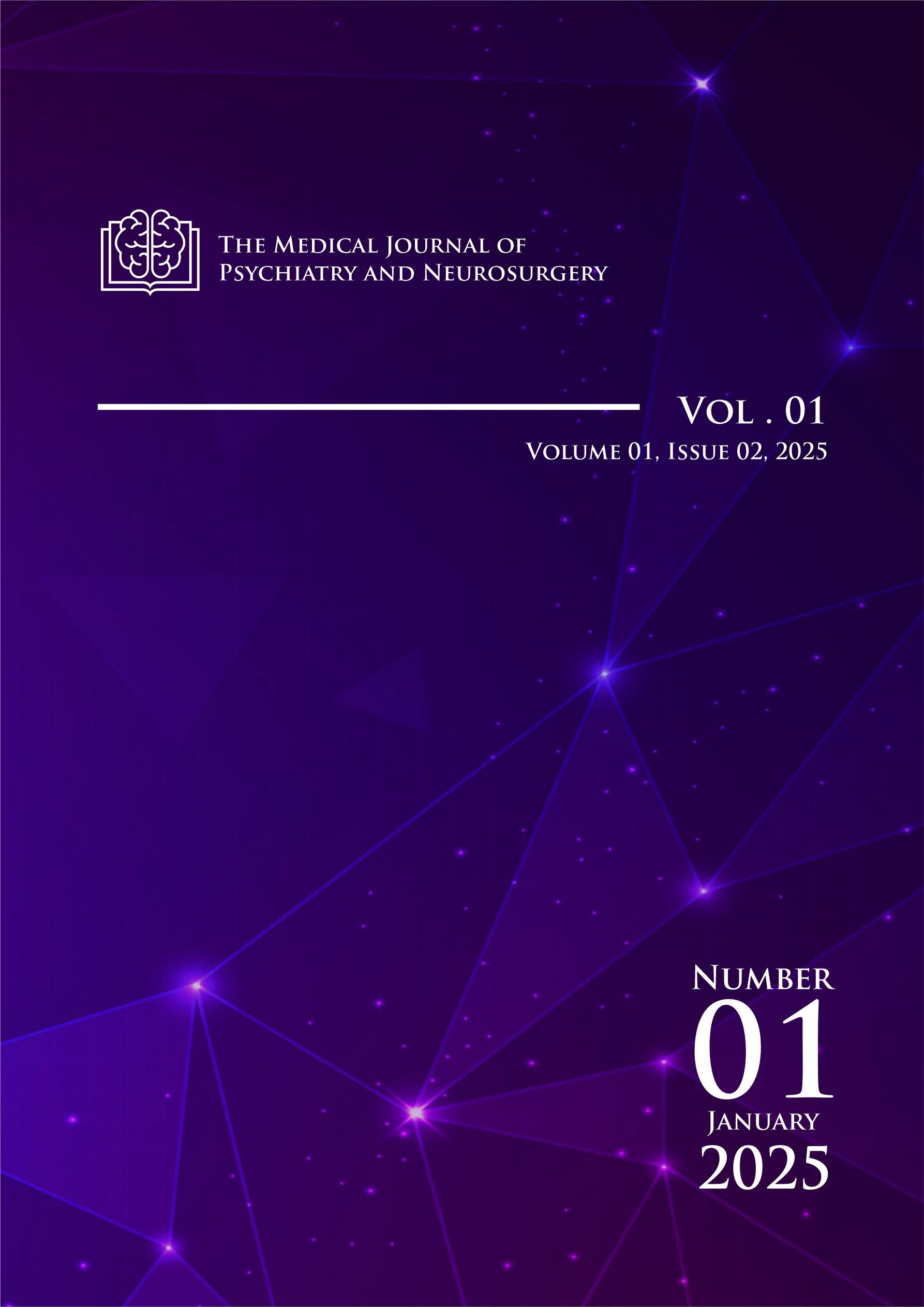Comparative Effectiveness of Antipsychotics in Patients With Schizophrenia Spectrum Disorder
Main Article Content
Abstract
Background: The comparative effectiveness of antipsychotic medications in treating schizophrenia spectrum disorder has been extensively researched, revealing a complex landscape of efficacy, safety, and tolerability among both first-generation and second-generation antipsychotics. Literature Review: Building on this groundwork, (Melnik et al., 2010) conducted a systematic review that found no statistically significant differences in overall psychopathology improvement between atypical and first-generation antipsychotics, although some atypicals, like risperidone, exhibited favorable outcomes. The authors emphasized the need for further exploration of refractory schizophrenia, especially regarding long-term benefits and treatment adherence. The discussion was further advanced by (M. Kane & U. Correll, 2010), who advocated for individualized treatment strategies that consider each patient's unique symptom profile and treatment history. They recognized clozapine as the only evidence-based treatment for refractory cases, indicating a gap in effective interventions for patients who do not respond to standard therapies. This emphasis on personalized care aligns with the findings of (T. Coyle et al., 2010), who critiqued the dopamine-centric pharmacological approaches and called for broader therapeutic targets beyond traditional antipsychotic mechanisms, given the modest efficacy of current treatments. Conclusion: In conclusion, the literature indicates that while there are some advantages associated with newer atypical antipsychotics, these benefits are not universally applicable. The complexity of schizophrenia, characterized by diverse symptomatology and individual patient needs, calls for a nuanced understanding of treatment efficacy. Future research should focus on long-term outcomes, individualized treatment approaches, and the exploration of novel therapeutic targets beyond the current pharmacological paradigms to improve patient outcomes.

